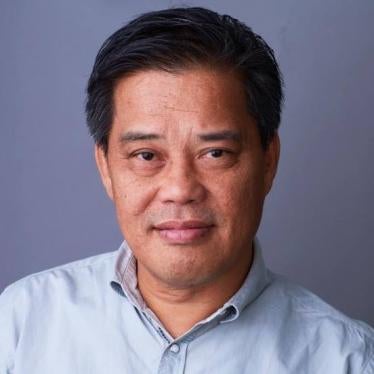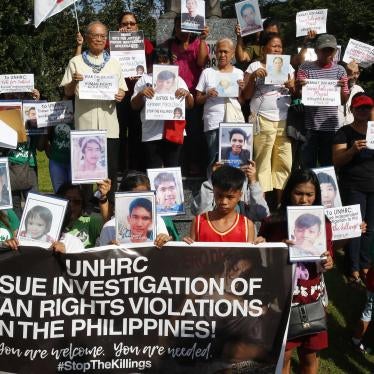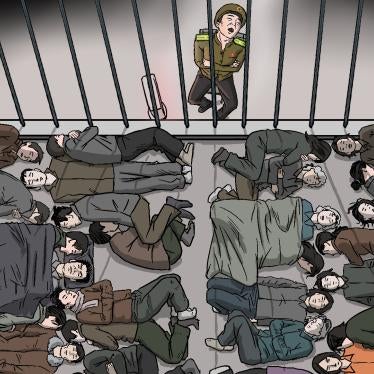Has the human rights situation in the Philippines improved, as some United Nations Human Rights Council (UN HRC) member states want to believe?
Since Ferdinand Marcos Jr. became president two months ago, Philippine press reports about killings in the “war on drugs” seem to have decreased. Perhaps because the ever-volatile Rodrigo Duterte left office, there is less sense of urgency around “drug war” violence. Many observers now appear willing to buy the idea that perhaps Mr. Marcos is different, that he may improve the country’s human rights situation.
The result is that HRC member states now appear less inclined to take a strong action on the Philippines at the 51st session that begins Monday in Geneva. This mindset runs counter to the continuing human rights calamity in the Philippines.
Drug-related killings remain commonplace. Dahas, a program of the University of the Philippines’ Third World Studies Center, found by looking at police and media reports that there were more drug-related killings—in which the victim had alleged links to the illicit drug trade—in July, the first month of the Marcos Jr. presidency, than in June, the last month of the Duterte administration. Altogether, 72 drug-related killings were recorded in July and August.
Impunity persists. Out of the more than 6,200 “drug war” killings by police since 2016, according to their own statistics, only one case—JUST ONE—has resulted in conviction. Authorities assert that some cases are being investigated but when only 12 officers have been charged out of thousands of cases, that’s a travesty both for the victims’ families and society at large.
The much-vaunted UN Joint Program that the HRC and the Philippine government began last year got off to a slow start. The government has been unhelpful or unwilling in fully carrying out the program’s mandate. It has failed to provide significant information on “drug war” cases. It has opposed the participation of several rights groups. Not one of the six “technical working groups” has conducted strategic planning sessions and couldn’t even meet regularly. Despite the effort that the UN side put into devising a good program, Manila treated the program as a public relations tool to provide window dressing for ongoing abuses.
So far, Mr. Marcos has not introduced measures to improve human rights in the country. Instead, he has promised to continue Duterte’s “drug war.” He has not convened a new Commission on Human Rights nor indicated he will appoint qualified, independent human rights experts who will uphold the commission’s constitutional mandate to investigate and help prosecute cases.
Other longstanding rights problems are also going unaddressed. “Red-tagging” and the country’s anti-terrorism law continue to be used to harass leftist activists and human rights defenders. The security forces continue to commit often deadly violations in their campaign against the insurgent New People’s Army.
In June, the International Criminal Court (ICC) prosecutor submitted a request to the court to resume the investigation into “drug war” killings, which it paused last November at the Philippine government’s request. The prosecutor’s request to reopen the investigation came after he concluded that the government was not taking adequate steps to ensure accountability at the domestic level. Members of the HRC should take heed of the prosecutor’s determination, which only further underscores the need for international engagement. For those who see Mr. Marcos as offering a breath of fresh air, the ICC is an instructive example. All UN HRC member states should support a resolution at the upcoming session to ensure continued, strong scrutiny of the Philippine situation. The council needs to send a message that a new presidency is not a clean slate to commit new abuses.








